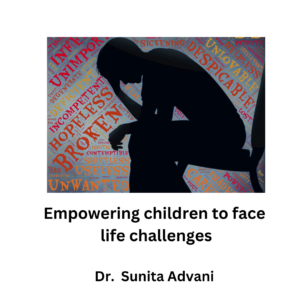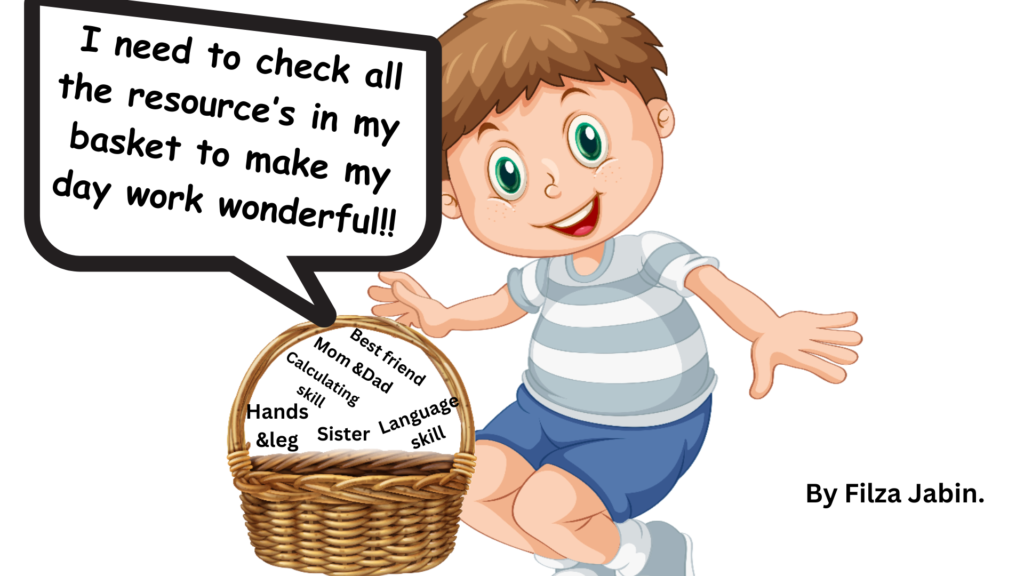
Introduction
The recent tragic suicides among students in Kota, India, have once again highlighted the enormous pressures and intense competition young people face today. To provide context, this year alone, 23 students have taken their lives, with four months still to go, compared to 15 last year. As parents, guardians, and educators, it is our collective responsibility to empower our children to face this competition while safeguarding their mental and emotional well-being. In this blog, we will discuss ways to empower your children to navigate the challenges of today’s competitive world, drawing inspiration from the unfortunate events in Kota.
1. Open Communication
Empowering your children begins with establishing open lines of communication. Encourage them to freely share their thoughts, fears, and aspirations with you. Ask open-ended questions and practice active listening. Validate their feelings and share your own experiences. Avoid judgment and engage in problem-solving together. Open communication should not be a one-time effort but an ongoing process. Make it clear that your child can talk to you about anything, anytime, and that your love and support are unwavering. Create an environment where they feel safe discussing their struggles and anxieties. This way, you let your child know they are not alone in their struggles, and you can offer support and guidance when they need it most.
2. Set Realistic Expectations
Acknowledge that every child has unique abilities and limitations. Their potential may not align with societal expectations. Just as not every tree grows at the same rate, not every child will excel in the same way or at the same pace. Understand your child’s strengths and areas that may need improvement, and support them accordingly without imposing unrealistic goals. Focus on helping them discover their strengths and interests. Avoid comparing your child to others, whether it’s their siblings, friends, or classmates, as this can lead to feelings of inadequacy and unnecessary stress. Encourage self-reflection, help them establish incremental goals, emphasize that mistakes are learning opportunities, encourage effort and improvement, and don’t wait for perfection.
3. Encourage a Growth Mindset
Teach your children the value of effort and resilience. A growth mindset fosters the belief that abilities and intelligence can be developed through hard work and dedication. This mindset can help them approach challenges with a positive attitude and a willingness to learn from failures. Illustrate the difference: a fixed mindset believes abilities are innate and unchangeable, whereas a growth mindset thrives on the idea that talents can be developed. Instead of saying, “I can’t do this,” encourage your child to say, “I can’t do this yet.” This maintains a positive learning environment.
4. Promote a Balanced Approach to Education
While academic excellence is important, it should not come at the cost of mental and physical health. Encourage a balanced approach to education by promoting hobbies, physical activity, relaxation, and spending time with family and friends. Teach your child the importance of a healthy work-life balance. A balanced approach ensures that your child excels academically while developing as a well-rounded individual. It prepares them to face life’s challenges with resilience, adaptability, and a healthy perspective. By nurturing their passions, promoting physical and mental health, and fostering a love for learning, you set the stage for your child to thrive both inside and outside the classroom.
5. Seek Professional Help
Be vigilant in recognizing signs of distress in your child, such as extreme anxiety, persistent sadness, changes in sleep or eating patterns, social withdrawal, or declining academic performance. These may indicate the need for professional intervention. Explain to your child that seeking assistance is a sign of strength, not weakness. Dispelling misconceptions about therapy or counseling can make them more open to the idea. Mental health is as crucial as physical health, and early intervention can prevent more severe issues from developing. If required, involve your family and close friends in the process. Valuable help is welcome from anywhere.
6. Foster Independence
Empower your children to make decisions and take responsibility for their actions. This helps build confidence, adaptability, and resilience. Encourage them to set their goals and take steps toward achieving them, with your guidance and support. Fostering independence in your child is a continuous process that requires patience and guidance. By empowering them to take charge of their lives, you equip them with the skills and mindset necessary to thrive academically and navigate the challenges they’ll encounter as they grow into adulthood.
7. Teach Time Management
Time management is a crucial skill for success. Help your children develop effective time management skills to balance their studies, extracurricular activities, and leisure time. Assist them in creating a daily or weekly schedule, prioritizing tasks, setting SMART goals, breaking tasks into small steps, eliminating distractions, and regularly reviewing and adjusting their schedule. This will reduce stress and improve their overall well-being. Teaching time management is a gradual process, and consistency is key. By helping your child master this essential skill, you empower them to succeed academically and in all aspects of their life.
8. Promote Healthy Competition
Competition can be healthy when it encourages personal growth and improvement. Teach your children to compete with themselves, aiming to surpass their previous achievements rather than constantly comparing themselves to others. Competing with friends, siblings, or relatives is not only detrimental to love but also one of the least effective approaches to achieving one’s goals.
9. Build a Supportive Network
Encourage your children to build a supportive network of friends and mentors who can provide guidance and emotional support. Having a strong support system can help them cope with the pressures of competition.
10. Lead by Example
Finally, lead by example. Show your children that success is not just about academic achievements but also about being a kind, compassionate, and resilient individual. Share your own struggles and how you overcame them. Acting as a role model is the most potent strategy. All the tips mentioned earlier will be effective only when your actions exemplify them in front of your children. This way, these values become ingrained in their behavior naturally, without the need for explicit preaching. It’s often said that children emulate what they witness, not just what they are taught.
The tragic incidents in Kota serve as a stark reminder of the immense pressure faced by today’s youth. As parents and guardians, it is our duty to empower our children with the tools they need to thrive in this competitive world while prioritizing their mental and emotional well-being. By fostering open communication, setting realistic expectations, and promoting a growth mindset, we can equip our kids to face today’s challenges with confidence and resilience. Together, we can ensure that they not only survive but also thrive in the face of competition.
Dr Sunita Advani, Pune
dradvani.sunita@gmail.com
9822088710







 Know your resources.
Know your resources.



 EFFECTIVE TIPS TO RAISE KIDS IN A JOINT FAMILY
EFFECTIVE TIPS TO RAISE KIDS IN A JOINT FAMILY


